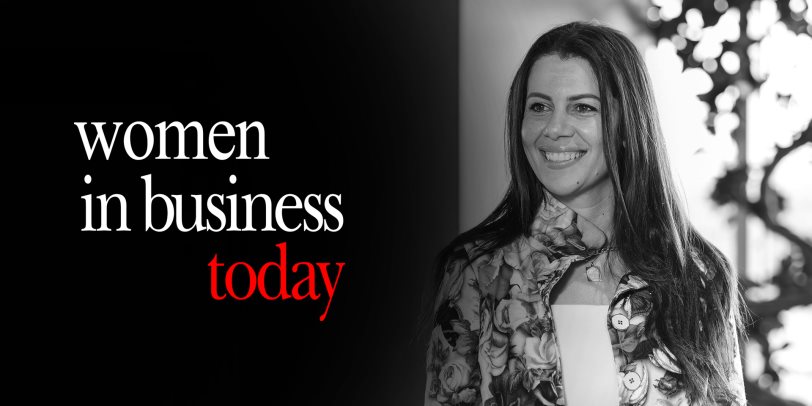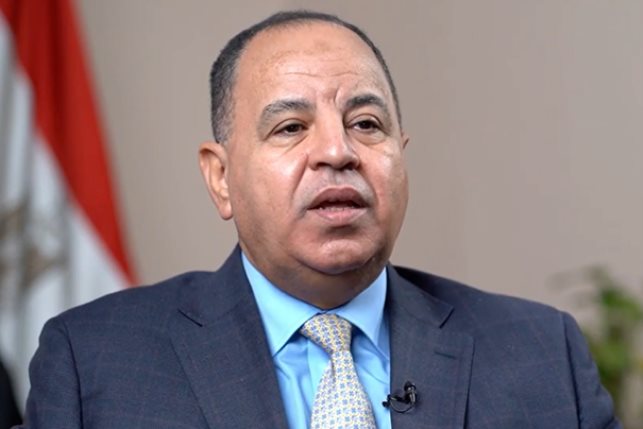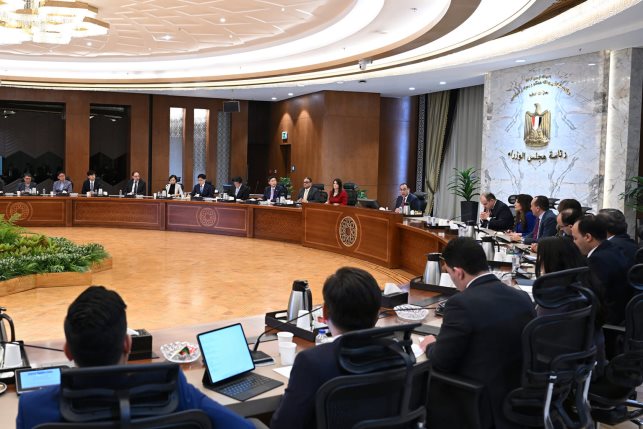Creating Inclusive Cultures and Promoting Diversity in the Workplace with Naniece Fahmy
Being a working mother can be a challenge, and as a working mother herself, Naniece Fahmy understands the challenges that women face in balancing personal and professional life, and she firmly believes that the right work culture and the continuous development of technology can eliminate so many obstacles

Being a working mother can be a challenge, and as a working mother herself, Naniece Fahmy understands the challenges that women face in balancing personal and professional life, and she firmly believes that the right work culture and the continuous development of technology can eliminate so many obstacles.
Emphasizing the importance of creating inclusive cultures, building allyships, and devising policies and ways of working that embrace equitable practices and allow diverse workgroups as HR Senior Director at PepsiCo Egypt, Fahmy encourages businesses to invest in diversity landscapes, support women in untrodden paths, and expand their corporate social responsibility footprint to create a better community impact.
How do you define women's empowerment in the workplace? And, what steps can businesses take to promote gender equity and diversity?
Personally, I believe that women’s empowerment means enabling women to take charge of their own lives, decisions, choices, and careers. It means opening the door for women to unleash their potential, and abandon any unconscious biases. Pledging women’s empowerment doesn’t mean giving them extra privileges, rather, it means equitable access to opportunities on par with their capabilities and skill set.
Gender equity and diversity in general have been at the forefront of forward-looking corporate strategies. Businesses should focus on creating inclusive cultures, building allyships, devising ways of working, new policies, and an overall ecosystem that embraces equitable practices and allow diverse workgroups. That is through adequate investments and programs that would reinforce the year-over-year commitment to talent flow, and ensure a positive employee experience.
I also believe businesses need to make a meaningful investment in the diversity landscape, take calculated risks in supporting women in untrodden paths, and expand their corporate social responsibility footprint to include female-targeted programs for a better community impact.
At Pepsico, we have two flagship programs; “She Works Wonders,” an employability program targeting female university graduates to pursue careers in areas like sales and supply chain; and “She Feeds the World” which targets female farmers to support them with sustainable agronomy practices.
What steps has your company taken to close the gender pay gap and ensure that women are compensated fairly and equitably? And, how do you measure the success of these efforts?
At Pepsico, we make sure that promotions and assignments are fairly equitable and adhere to performance and growability parameters, disregarding any gender biases. Also, we ensure, through our external hiring process, adequate gender representation among shortlisted candidates to achieve parity in hiring for our management layer as a starting point. Those are among the KPIs we track regularly.
As for pay, PepsiCo's compensation philosophy clearly states “pay for performance” as a guiding principle for rewarding employees regardless of gender.
At PepsiCo, we also have predictive tools that highlight pay gaps based on diversity pillars. We run the exercise annually for equity adjustments to ensure that EEs are compensated fairly.
Does PepsiCo have employee resource groups and other affinity groups that promote gender equity in the workplace?
Absolutely, "Diversity, Equity & Inclusion" is called out as a key focus area in our strategic business priorities to enable our “PEP+ Vision”. For the past three consecutive years, PepsiCo Egypt's leadership has been sponsoring a DE&I ERG with cross-functional representation, focusing on female representation, especially in male-dominant business segments, female development experience in the workplace, and building inclusive culture and work environment.
ERG is the platform through which we kicked off our flexible policies such as part-time, maternity and paternity leave. That is in addition to engagement forums like the full-year “Allyship” campaign that was meant to encourage allyship culture among our associates, and coming up with the HQ nursery idea that enabled not only our females to come back to work after maternity or stay close to their kids at an early stage. But, it was also to enablement our male associates to support their own families and have a safe place for their kids at the workplace.
How do you balance work and personal life? And, what strategies have helped you succeed in both areas?
To me, balance is a state of mind, at the first place, we should accept the fact that it’s fine that, at a certain stage, you accelerate your career and move a bit faster. At other times, you slow down to focus more on family and your private life. Hence, it’s not a balance you achieve on a specific day or even a month, but rather on the overall journey, in a way that makes you proud of your choices. Thus, clarity on purpose, goals, and tradeoffs are vital in this experience.
I am a proud mum of two boys. For ages, we were raised to the fact that one can’t have it all, but I was conscious and determined to enjoy motherhood and to have a successful career that keeps me ignited and sets me as a role model for my kids and other female coworkers out there.
Lastly, it’s critically important to associate yourself with an organization that truly understands and appreciates diversity. I am so lucky to embark on my career journey with PepsiCo, a great company that empowers women and embraces differences. It has allowed me to bring my true self to work and helped me - in many ways - reach adequate balance in many defining moments by giving me different career choices, such as working from home, part-time, etc.
What are some patterns you’ve noticed over the years about women at work? And, what do you believe are things they could be doing better to advance their careers?
To start with some stats, women represent more than 50 percent of university grads in Egypt. Yet, only 18 percent join the workforce, and only 7 percent of those work in the manufacturing and industrial fields.
Hence, women need to take leaps of faith and unleash their potential to explore and ignite their careers without settling for less. They should always seek learning opportunities and continuously sharpen their capabilities.
New generations, including women, are looking towards a more holistic value proposition, experiences, and learning opportunities to advance their careers. Companies should provide those enablers, like flexibility in work setups, critical experiences, and exposure for a better LT ROI.
What advice would you give to other female leaders who want to promote gender equity in their own companies and industries?
My first advice is to work on your brand equity. Actions talk louder than words. Set yourself as an example for other women to follow. Then, be out there to share your experience, encourage, support, and mentor.
Second, utilize your seat to champion, influence, foster and build the right culture. Build ERGs, allies, programs, and showcase success stories.
Third, don’t solicit your actions to gender; have a more broad strategy that incorporates different levers.
Lastly, have a bigger community impact to further open doors and enable females who are really willing to go miles in self-realization and economic participation.





